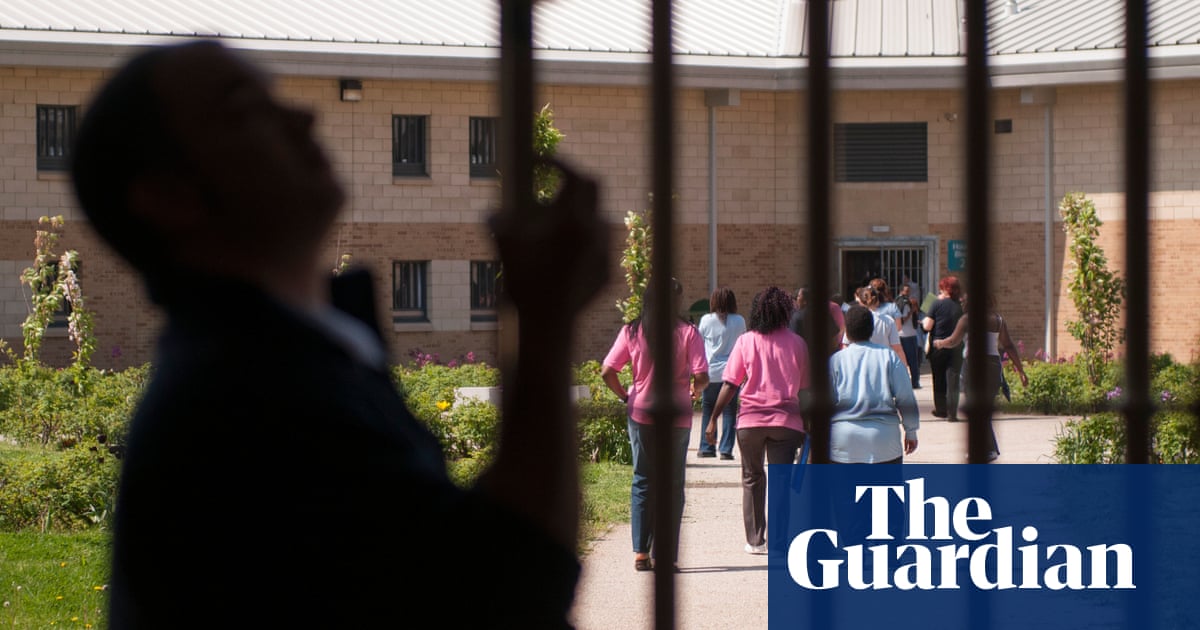
The death of a teenage university student with anorexia could have been avoided and was contributed to by neglect, an inquest has concluded.
Averil Hart, 19, who was a black belt in karate and academically gifted, started her first term at the University of East Anglia (UEA) in Norwich in September 2012.
She had a three-year history of anorexia and had been discharged from the eating disorder unit at Addenbrooke’s hospital in Cambridge the previous month, following an 11-month stay.
She lost weight during her first term and was taken to hospital in Norwich by ambulance after she was found collapsed in her room on 7 December.
She was transferred to Addenbrooke’s on 11 December and died there on 15 December.
Cambridgeshire assistant coroner Sean Horstead has overseen separate inquests into the deaths of five women with anorexia and said, after concluding Hart’s inquest, which was the last of the five hearings, that he would write to bodies including NHS England to raise a series of concerns.
Recording a narrative conclusion in the case of Hart on Friday, he said: “Averil Hart’s death could have been avoided and … her death was contributed to by neglect.”
He recorded her medical cause of death as anorexia.
Horstead said that, on the balance of probabilities, a series of failings “more than minimally contributed to her death” and that these included the lack of a commissioned service for the medical monitoring of an anorexia patient at high risk of relapse.
He also said that Hart was allocated to an “inexperienced trainee psychologist” amid a “staffing crisis” at the Norfolk Community Eating Disorder Service (NCEDS).
There was a “missed opportunity” when Hart’s father, Nic Hart, raised concerns about his daughter’s condition over a week before her collapse but was not spoken to directly by anyone at NCEDS, Horstead said.
He added that there was a failure to provide “any appropriate nutritional support” to Hart during her four-day stay at the Norfolk and Norwich university hospital (NNUH).
“In the context of her severely malnourished condition recognised on admission, this was a gross failure which had a direct causal connection with, and more than minimally contributed to, her death,” Horstead said. “Averil Hart’s death was therefore contributed to by neglect.”
The lack of weekend support from psychiatrists and dieticians at the NNUH and a failure to manage her anorexic behaviours while on the ward, where she fell and hit her head and was asked to complete her own food chart, also contributed, Horstead said. He added that delays during the admission process to Addenbrooke’s hospital “possibly” contributed to her death.
“However, given the already greatly diminished chance of survival Averil faced following her period at NNUH prior to her arrival at Addenbrooke’s, it can only be safely concluded that these failures possibly rather than probably more than minimally contributed to her death,” he said.
The hearing at Peterborough town hall followed earlier inquests into the deaths of Maria Jakes, Emma Brown, Madeleine Wallace and Amanda Bowles, which had already concluded.
Horstead said that the “absence of a formally commissioned monitoring service in primary or secondary care is the context wherein a number of these deaths have arisen”.
He said that GPs are “generalist by definition” and anorexia is a “relatively uncommon condition for a generalist to deal with”, but that it was also “unreasonable” to expect “hard-pressed secondary services to be entirely responsible without commissioning of a service”.












